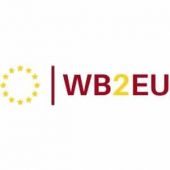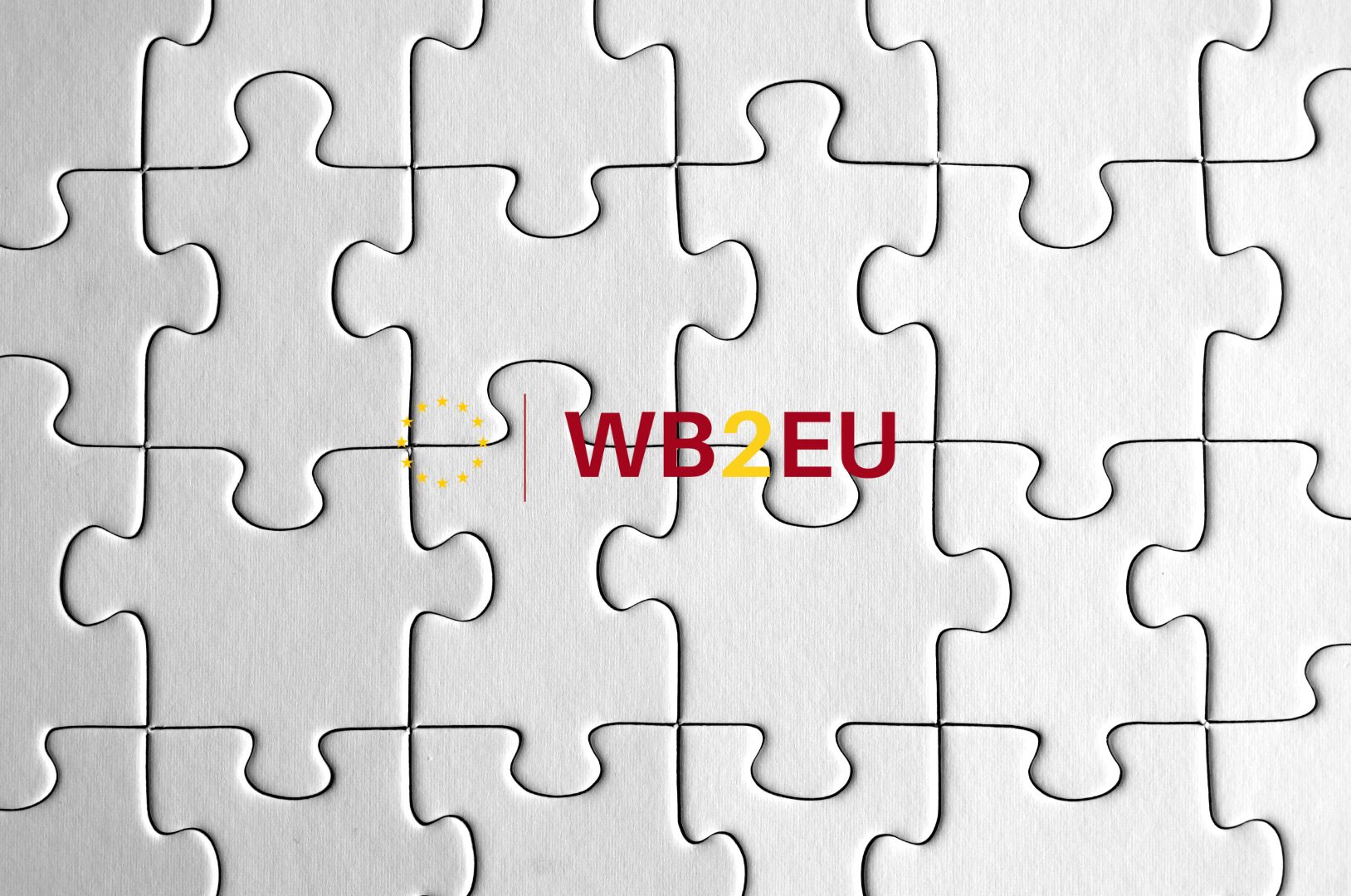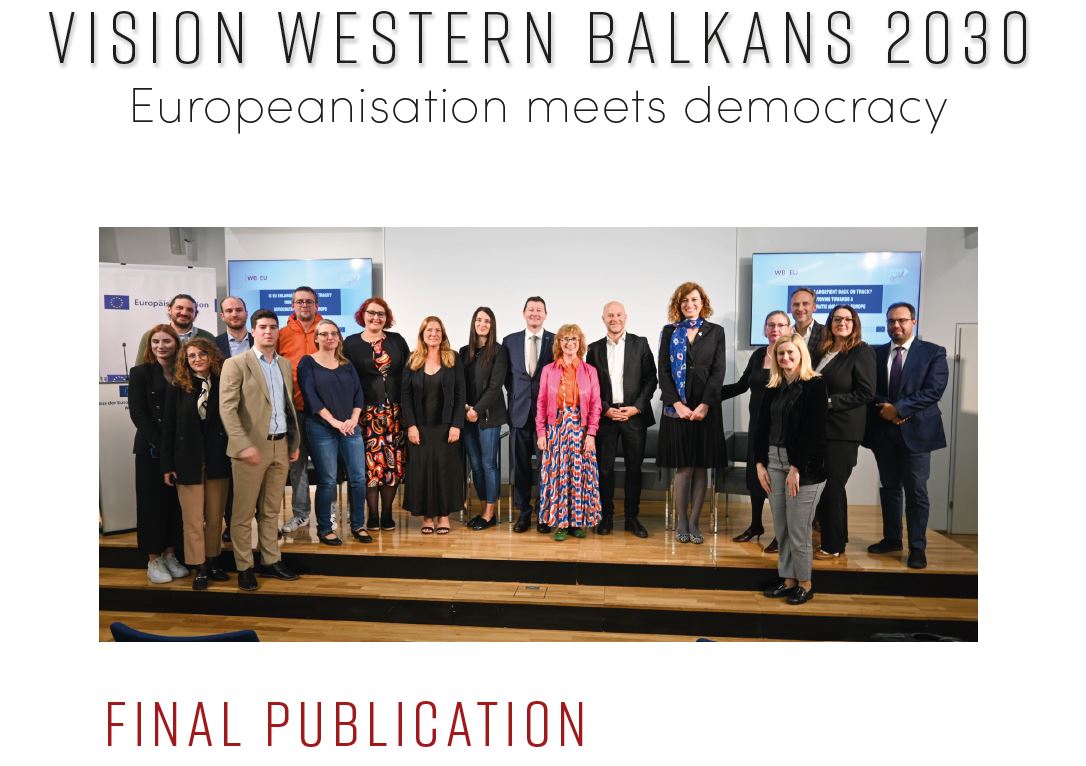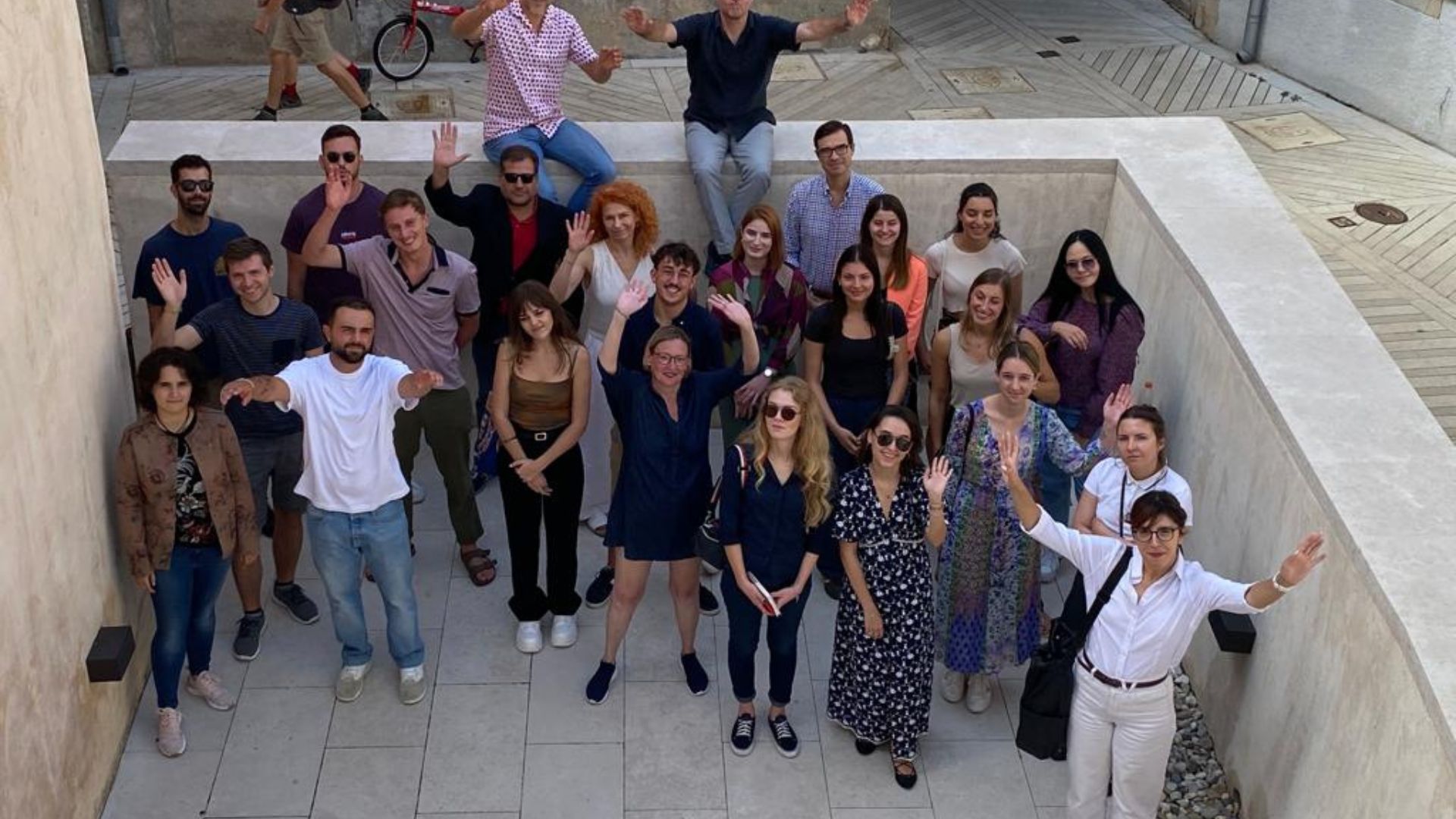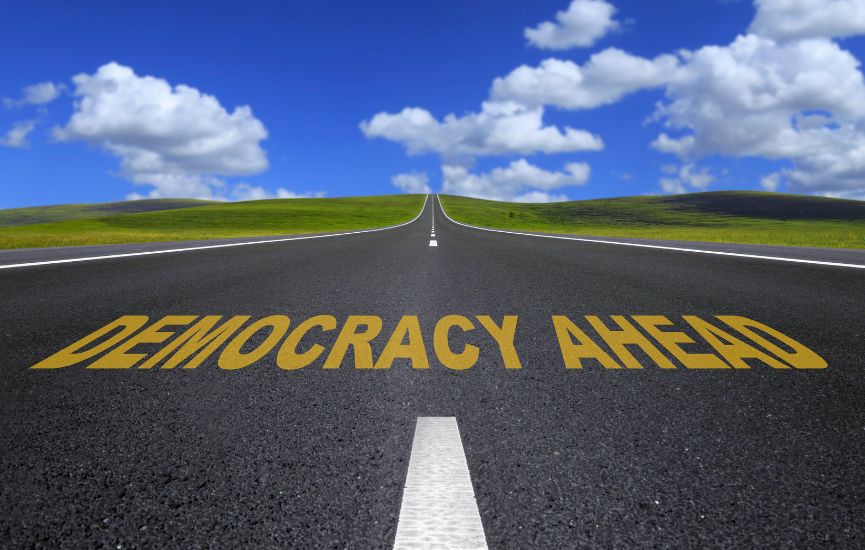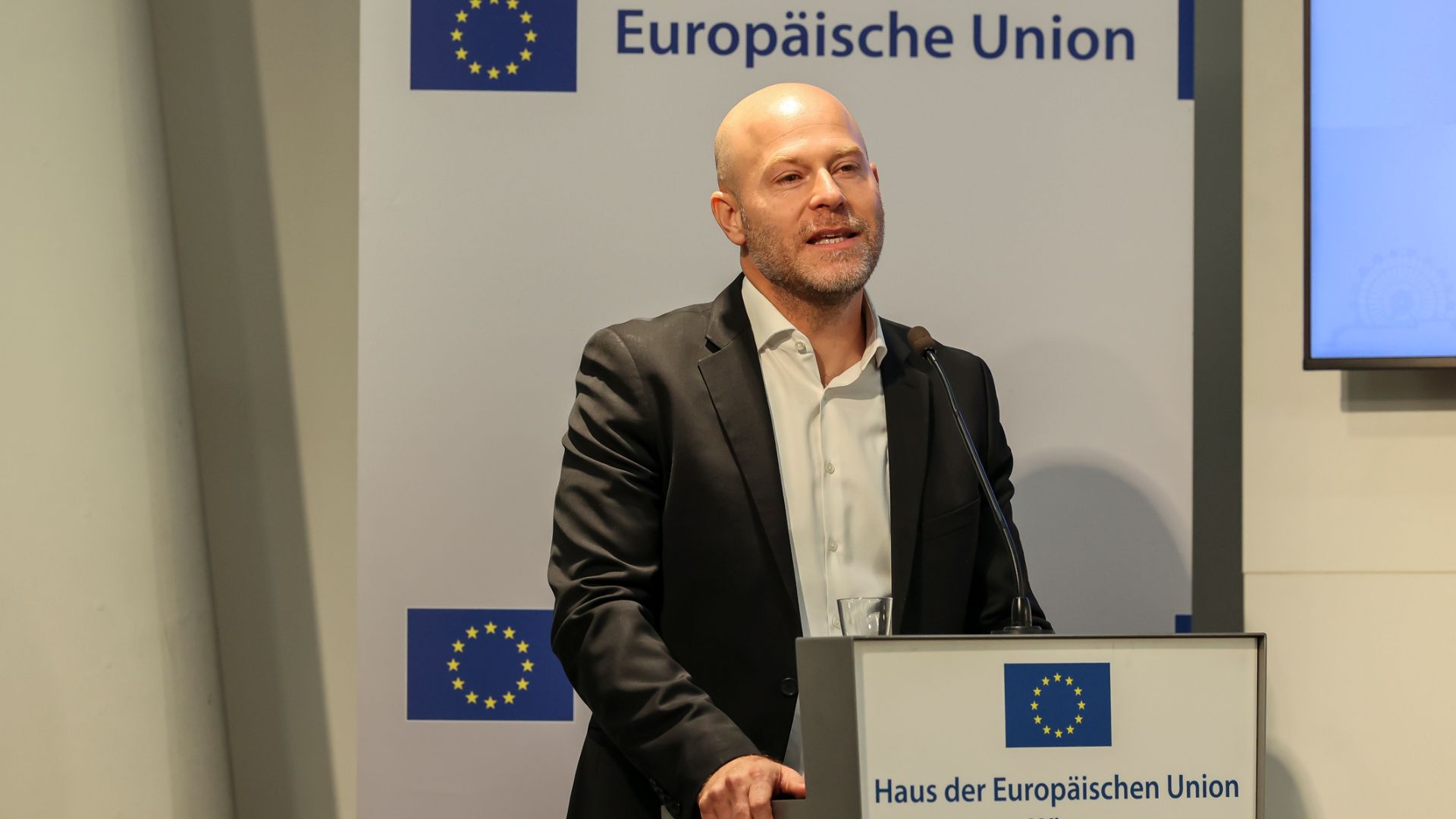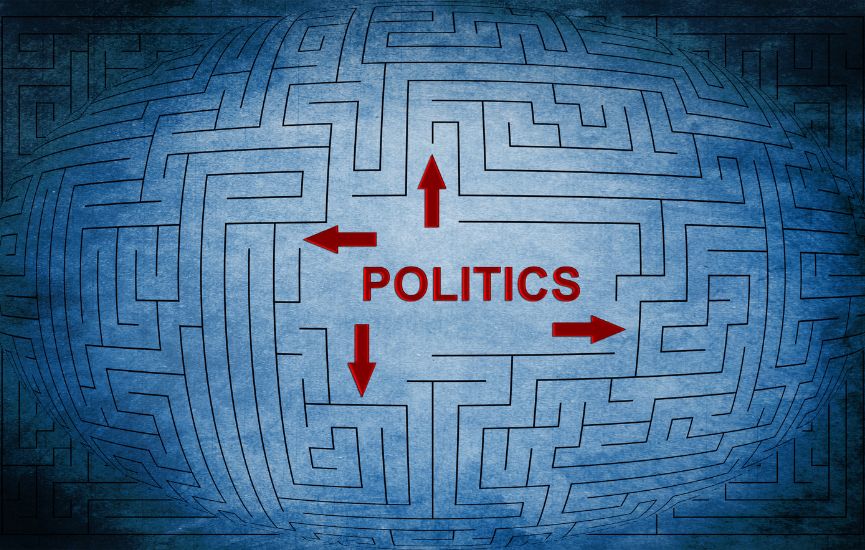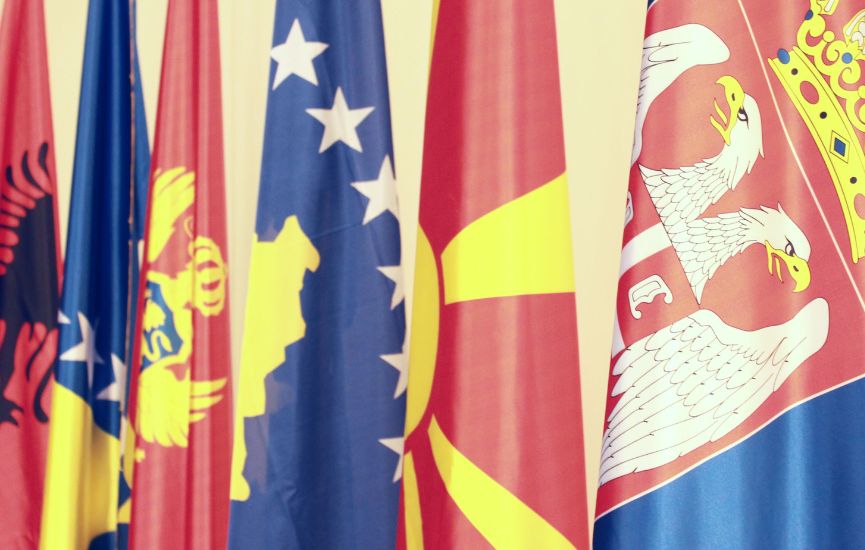The next few years will be decisive for the democratic and European future of the Western Balkans.
In addition to a credible enlargement perspective and a positive enlargement narrative, which needs to be reinvented and reinvigorated, it is vital to support rule of law, civil dialogue, pluralism and the fight against corruption as well as the social dimension. It is crucial to invest more in social inclusion, to support the broad vision of just and democratic societies, which needs to include various bottom-up initiatives and actors.
Our “WB2EU Network” will activate / connect / research / disseminate and create joint output on the defined topics by bringing together academia, civil society and relevant stakeholders on national, regional and EU level.
Key points:
- reform, consolidate and reenergise EU enlargement until 2025 and beyond
- mobilise, support and engage with progressive and emancipatory forces from below (movements, citizens, local initiatives) that are truly European and pro-democratic
- enhance youth and alternative voices and forces in the society
- strengthen social dimension, rule of law and justice in the region
- connect young and senior researchers, scholars, representatives of civil society, national and EU institutions, stakeholders, policy-makers, and citizens engaged in pro-democratic initiatives (local/regional/national)
PROJECT PARTNERS / WB2EU NETWORK
PROJECT INITIATORS
Austria
Austria
Austrian Society for European Politics (ÖGfE), Vienna (Coordinator & Project Leader)
Austrian Institute for International Affairs (oiip), Vienna
WESTERN BALKAN COUNTRIES
Albania
Bosnia and Herzegovina
Kosovo
Montenegro
North Macedonia
Serbia
EU MEMBER COUNTRIES
Bulgaria
Croatia
France
Germany
Greece
Hungary
Italy
Romania
Slovenia
New Bulgarian University, Centre for European Refugees, Migration and Ethnic Studies (CERMES), Sofia
Institute for Development and International Relations (IRMO), Zagreb
EuropaNova, Paris
Institut für Europäische Politik (IEP), Berlin
Department for Political Science & International Relations, University of the Peloponnese, Corinth
Andrássy University, Budapest
International Affairs Institute (IAI), Rome
GlobalFocus Center, Bucharest
Centre of International Relations (CIR) – University of Ljubljana
This project is co-funded by the European Commission under its Erasmus+ Jean Monnet programme.

Contact

Vision Western Balkans 2030 – Europeanisation meets democracy
Towards a more equal and democratic Europe (Op-Ed European Western Balkans)
Media and minorities in Bosnia and Herzegovina: a path towards an inclusive and democratic society
The author of this Policy Brief presents a broader overview of some of the most significant aspects regarding the role of media in building democracy in terms of the reinforcement and affirmation of minorities in Bosnia and Herzegovina, whether as a result of ethnic background, religious belief, sexual orientation, geographic location, income level, etc. Once the mentioned media’s support and affirmation of minorities is accomplished, such groups can effusively participate in and contribute to this country's institutions and society in general. This is an attempt to revive and reconsider the issue related to minority cultural identities and communication via media in the context of the democratisation process in general. It is very much needed to open new discussions related to media and democracy due to the current global political crisis that is reflecting in Bosnia and Herzegovina’s media sphere as well.
Rebuilding democracy from below: A case for local communities in Montenegro
Montenegro has been experiencing a crisis in democracy for several years now. The authors of this Policy Brief explore the role that local communities (LCs) have and/or can have within the context of democratic elections, democratic governing, and institutional reforms in Montenegro. Against this background, they recommend that the democratic potential that lies in local communities, as legally defined governing bodies, needs to be utilised in order to address the ongoing crisis of democratic governing in Montenegro and help the country accelerate key reforms in the EU accession process.
Paul Schmidt: EU integration process is always the art of compromise (EWB Interview)
Tackling the local beyond partisan politics. Can independent lists in North Macedonia boost local democracy?
At the local elections of 2021 in North Macedonia, eight independent groups with green politics ran for municipal councillors. The relative successes and failures of the two most visible groups “Green Humane City” and “Chance for Centar” point to a public interest in solutions beyond partisan politics but also to certain shortcomings in terms of cooperation, transparency, and strategic communications. Against this background, the authors of this Policy Brief analyse their work in the Skopje municipality of Centar and give policy recommendations on their internal functioning, forming strategic coalitions, and communication with various stakeholders.
How to support democratisation in the Western Balkans?
The author of this Policy Brief claims that the EU pre-accession process in the Western Balkans needs stronger political support for democratisation by the European Union (EU) and its member states. Only progress on the democratisation path can lead to a successful and sustainable transformation of the EU candidate countries. Once EU accession negotiations are opened, the EU should keep its monitoring and involvement at a high level, since as long as the accession perspective is not underlined with a realistic accession date, the processes are becoming a bureaucratic window dressing exercise.
Kosovo: democratising democracy
When Kosovo was preparing to declare its independence in 2008, it was facing a unique challenge and opportunity: pursuing internal reforms for national state building while simultaneously putting itself on a path of Europeanisation. The internal reforms aimed at transforming the country into a future EU member state. Despite significant progress in democratic indicators, Kosovo still has a long way to go before realising its full potential for inclusive policy and decision-making, argue the authors of this Policy Brief. Against this background, they analyse standards for public participation as a formal opportunity for engagement in decision-making and civil society as an effective tool for channelling citizens’ needs and voices.




